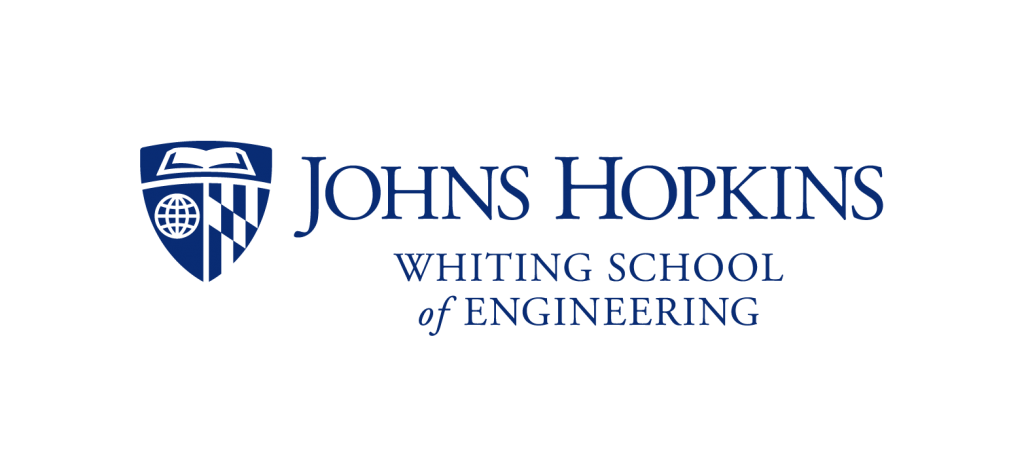Welcome to the Algorithms and Complexity group at Johns Hopkins! We are based in the Department of Computer Science and the Department of Applied Mathematics and Statistics in the Whiting School of Engineering. Our faculty and students study a broad variety of theoretical problems, with the aim of gaining insight into some of the fundamental issues in computer science. Research areas of particular interest include streaming algorithms, pseudorandomness, approximation algorithms, theoretical networking, hardness of approximation, and cryptography.
